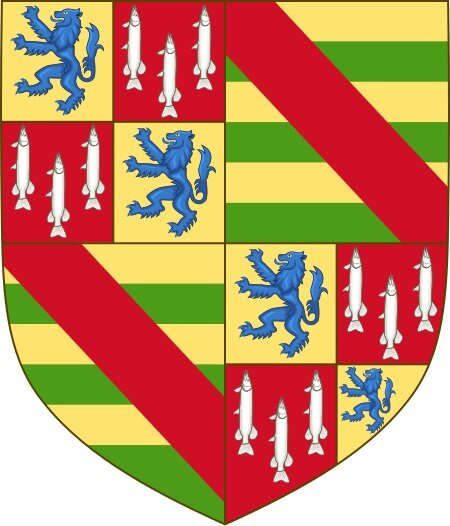May 15th 1471: Northumberland Arrives at Coventry Henry Percy. 4th Earl of Northumberland In Coventry, King Edward’s options had become much clearer. He was preparing to leave for London. On the previous day, he had sent a force of 1,500 troops to London, to help counter the threat of Fauconberg; too late and unneeded as it transpired. The good news continued, with the arrival of the Earl of Northumberland. The Arrivall explains: And so, by the xiiij. day of May, it was known clearly, by such as were sent unto the King from the Earl of Northumberland, from the city of York, and other diverse places in the north, that there was no rebellion in all the north begun, but that it was so pacified that it ne might ne should annoy the King, in any wise. Wherefore it was to him thought, and to all his council, that for to go into the north for any pacification, or punishment of such persons, it was not needful as at that time; and so it was most clearly declared, the same day, by the Earl of Northumberland, who came straight to the King to Coventry, out of the north country; as his departing well assured that the country was in good and sure tranquillity, without any commotions, or unlawful gatherings. Which Earl came not accompanied greatly, but with a few folks, and not arrayed in manner of war, for he had no manner knowledge but that the King, after this his great victories achieved, should have good pax, everywhere in his realm. He was not to know yet, but on the same day the last of the rebel risings had been subdued in London, and all his problems of Lancastrian risings were at an end and England was his. |
The First Sunday of Lent 2026
-
Here is a very interesting recording of the Tract for the First Sunday of
Lent by the French ensemble Dialogos, with only female voices. The verses
Scapuli...
21 hours ago


No comments:
Post a Comment